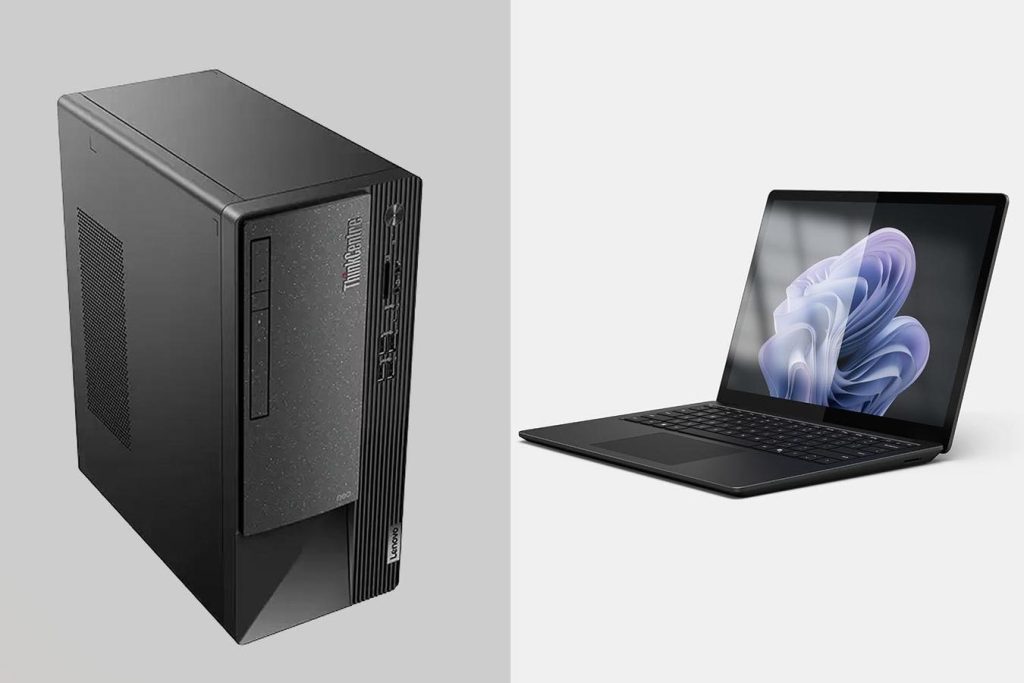The eternal debate of whether to buy a laptop or a desktop continues to be a dilemma for tech buyers. While the fundamentals remain the same, some factors have evolved over time. If portability is a priority, a laptop is the clear choice. However, there are reasons why some people may still prefer a desktop, especially if their computer will mostly stay at home or in the office.
Desktops and laptops share the same core components, but the format in which they are presented differs. Laptops are slim and lightweight, with components such as CPU, RAM, storage, and motherboard built into one device. On the other hand, desktops require additional accessories such as a display, keyboard, and mouse unless an all-in-one desktop is purchased. It is important to consider these factors along with added accessory purchases before making a decision.
When comparing laptops and desktops, it is essential to weigh their pros and cons to determine which option best suits an individual’s lifestyle. Laptops are highly portable, allowing users to work from anywhere and change their environment as needed. However, they are less upgradeable and repairable compared to desktops. Laptops also tend to offer less power per dollar, as components must balance performance with power consumption.
In contrast, desktop PCs are known for their raw power and performance capabilities. They offer superior CPU and graphics performance and have ample space for effective cooling, resulting in quieter operation. Desktops allow for customization and upgradability, as users can choose and replace individual components as needed. However, pre-built all-in-one PCs may limit performance-to-price benefits and upgradability options.
Ultimately, the decision between a laptop and a desktop comes down to personal preferences and usage requirements. Purists may lean towards desktop PCs for their customization and value, while the average user may find a laptop more practical due to its flexibility and portability. Laptops are ideal for everyday use, including travel, while desktops excel as gaming rigs and video editing machines. It is important to consider the specific needs and priorities before making a purchase to ensure the device meets those requirements.
In conclusion, both laptops and desktops have their advantages and are suitable for different purposes. For most users, a laptop offers the flexibility and convenience needed for everyday tasks. On the other hand, desktops are preferred for those seeking maximum processing power and upgradability. Ultimately, the choice between a laptop and a desktop will depend on individual preferences, usage requirements, and budget considerations.


